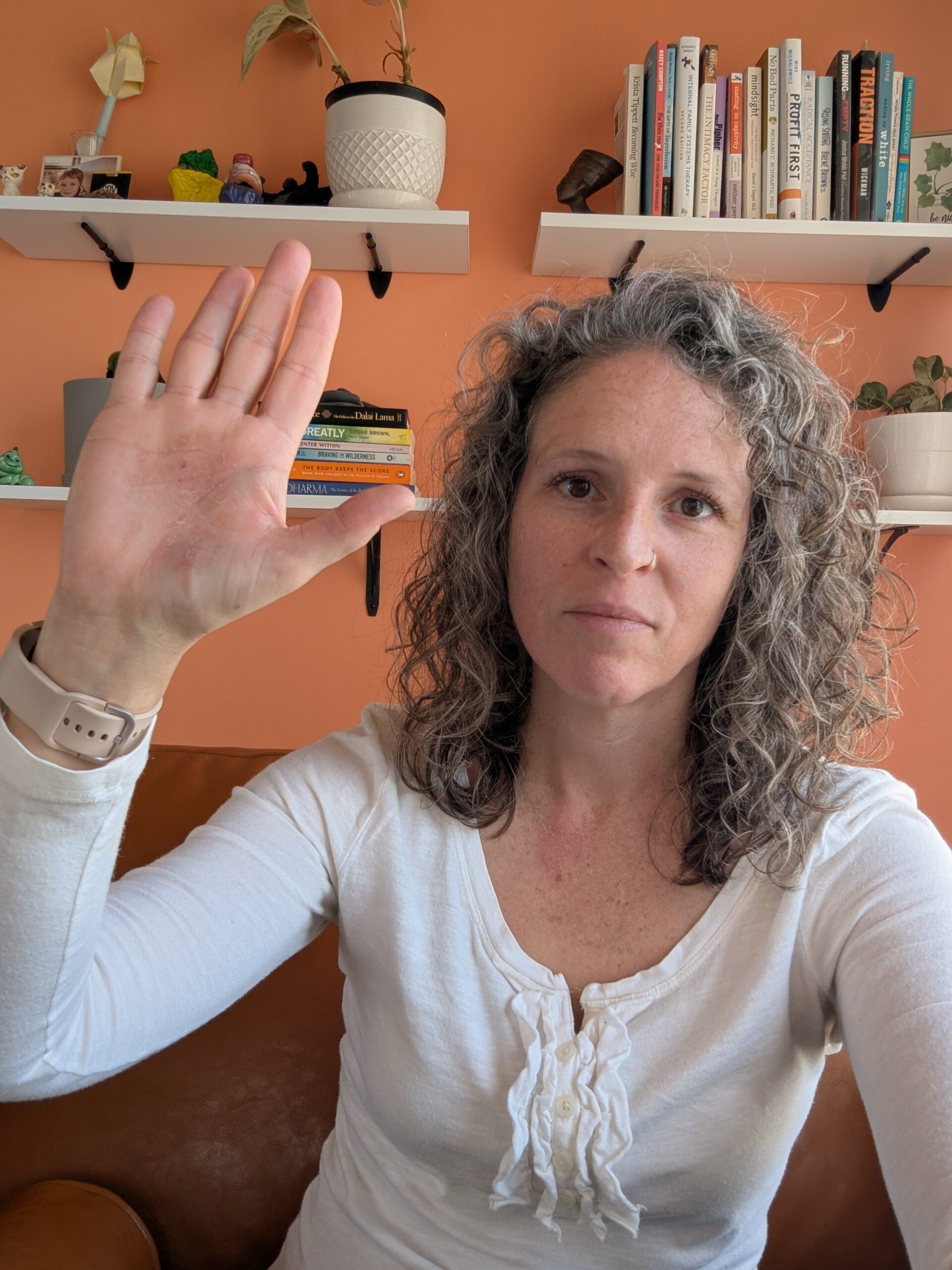Burnout is an all-too-common experience, especially for moms who are juggling work, parenting, household responsibilities, and everything in between. One of the biggest contributors to burnout isn’t just the workload itself—it’s the difficulty of asking for or accepting help.
Why Is Asking for Help So Hard?
Many of us have been programmed to believe that seeking help is a sign of weakness. Society perpetuates the idea that moms should be able to “do it all,” and if they can’t, it must mean they’re failing. This unrealistic expectation fosters guilt, shame, and self-doubt, making it even harder to ask for the support we need.
For example, if someone offers to help, do you immediately think:
- “I don’t want to be a burden.”
- “They’re just being polite; they don’t really want to help.”
- “I should be able to handle this on my own.”
These thoughts stem from deep-seated societal conditioning and personal beliefs that reinforce burnout rather than alleviate it. But the truth is, no one can (or should) do everything alone.
The Mindset Shift: Help is Not a Weakness (aka It’s a Beautiful Day to Smash the Patriarchy)
Acknowledging that you can’t do everything isn’t a sign of failure—it’s a sign of wisdom and self-awareness. The most effective leaders, successful professionals, and fulfilled parents understand the importance of delegation and support.
Think about it: Would you hesitate to hire a plumber if your sink was leaking? Would you feel guilty asking a friend to help you move furniture?
The same logic applies to your daily responsibilities—whether it’s asking your partner to handle bedtime, outsourcing tasks that drain your energy, or accepting help when it’s freely offered.
Unburden yourself from the patriarchal bullshit that says asking for help is a bad thing! Read more about smash the patriarchy HERE.

Practical Ways to Ask for Help (and Accept It!)
- Start Noticing Your Resistance
Pay attention to the feelings and thoughts that arise when you need help. Are you immediately dismissing the idea? Do you feel guilty? Identifying these patterns is the first step toward change. - Reframe Your Beliefs
Instead of viewing help as a weakness, see it as a tool for efficiency and self-care. Remind yourself that delegating tasks allows you to focus on what truly matters. - Identify What You Can Delegate
Make a list of tasks that someone else could handle. Can your kids take on more responsibilities? Can your partner step in for certain duties? Are there services that could save you time and energy? - Communicate Clearly and Confidently
Be direct and specific when asking for help. Instead of saying, “I need help with everything,” try “Can you take over dinner prep on Tuesdays and Thursdays?” - Accept Help Without Guilt
When someone offers assistance, resist the urge to say, “Oh, I got it.” Instead, practice saying, “That would be great, thank you!” Receiving help is just as important as offering it.
Real-Life Example: Letting Go of the Supermom Myth
Hi! My name is Amanda and I have a hard time asking for and accepting help.
Over the years, I’ve learned the hard way that trying to do everything myself isn’t just exhausting—it’s unnecessary. All those countless hours wasted trying to do something myself because that’s what I thought a “good mom” or “responsible adult” was supposed to do.
For instance, I used to believe that I should be able to handle basic car maintenance tasks myself—because, you know, independent woman!
But eventually, I realized that asking my mechanically inclined teenager or my husband to handle things like replacing windshield wipers didn’t make me any less capable. It simply freed up my energy for things that truly needed my attention.
Fortunately, I’ve learned my lesson! Now, there are plenty of things I’ve chosen to delegate, like asking my kids or partner to take over certain household tasks, or outsourcing projects that drain my time and energy.

Give Yourself Permission to Receive Support
Moms don’t have to be martyrs. You don’t have to prove your worth by running yourself into the ground. The next time you hesitate to ask for or accept help, take a deep breath and remind yourself:
- You deserve support.
- You don’t have to do it all.
- Asking for help is a sign of strength, not weakness.
What’s one area where you can lighten your load today? Start small, experiment, and notice how it shifts your energy. The more you practice asking for and accepting help, the closer you’ll get to a balanced, sustainable life—one where burnout doesn’t stand a chance.
Want help unburdening from unhealthy messages, like asking for help is a weakness?
Get a copy of my Mindset Shift Meditation!
